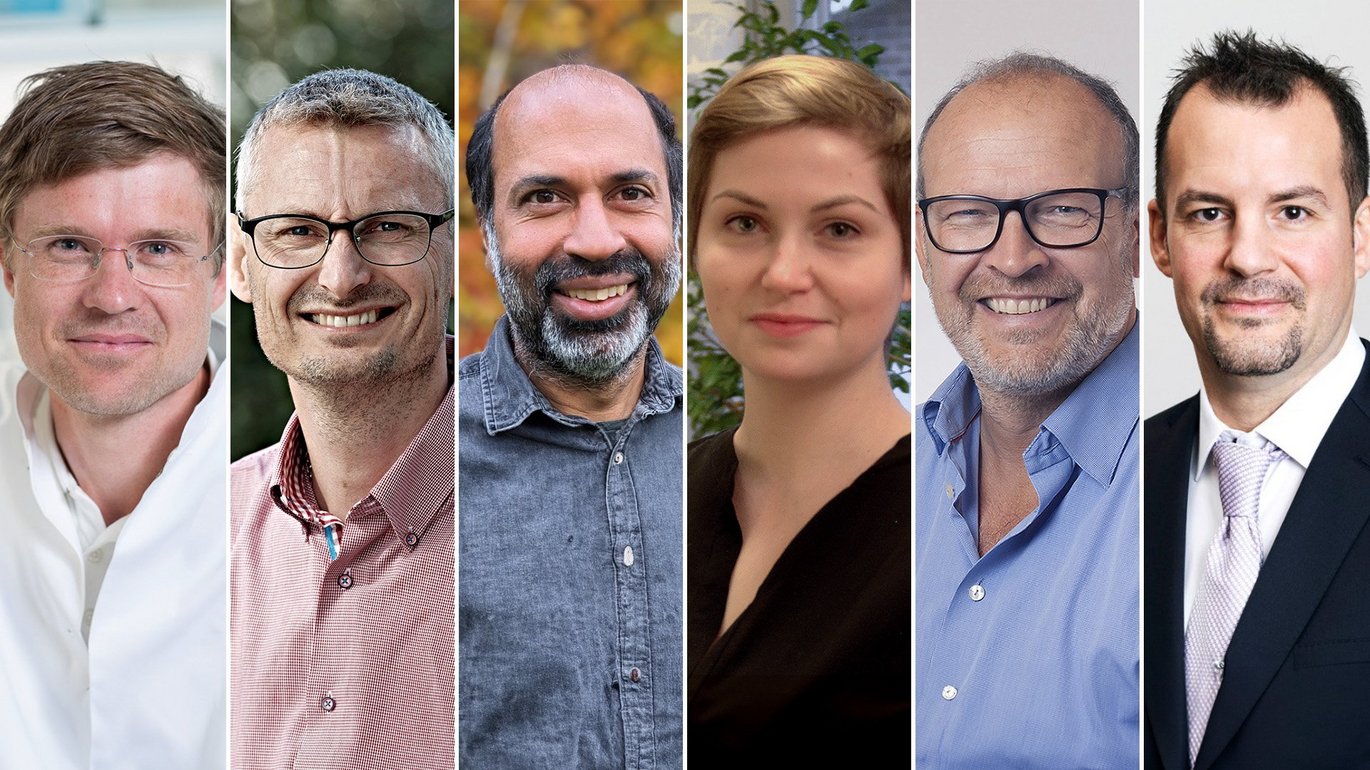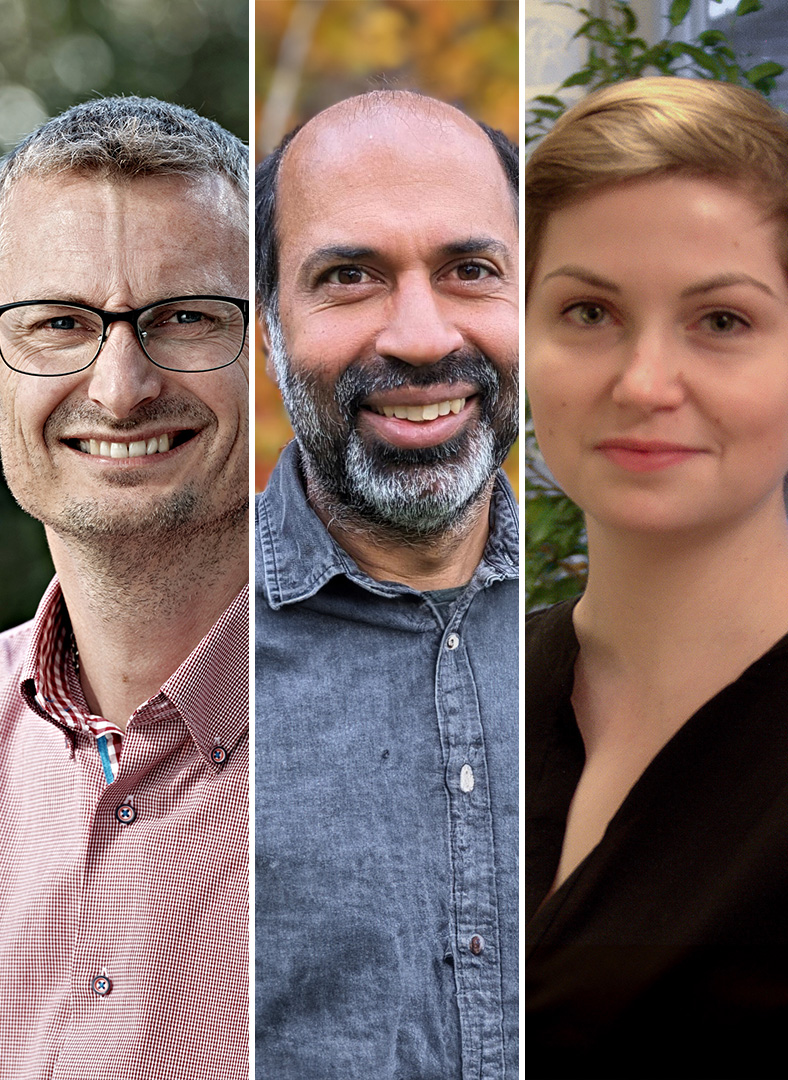Six researchers from Health receive grants from the Carlsberg Foundation
The grants from the Carlsberg Foundation totalling DKK 460 million will advance our knowledge on many fronts – from the hormones that regulate blood sugar and food intake, to the potential of artificial intelligence to solve the mental health crisis. The funds, some of which six researchers from Health will receive, will benefit talent development and strengthen the international position of Danish research.


A major round of grants will support Danish research and give researchers an opportunity to study precisely the scientific questions they themselves have selected within their field.
The six grant recipients from Health are:
Professor Sarang Dalal from the Department of Clinical Medicine and Center of Functionally Integrative Neuroscience (CFIN)
Grant: Research Infrastructure Grant of DKK 2,945,986
Project: “OptiMAL: OPTIcally pumped MAgnetoencephalography Lab for capturing human brain dynamics underlying cognition and perception.”
A new neuroimaging system to measure the small magnetic signals generated by the human brain with great precision. Using the new system, Sarang Dalal will examine how areas of the brain communicate with each other in order to understand the world and make decisions.
Professor Peter Lindberg Nejsum from the Department of Clinical Medicine
Grant: Research Infrastructure Grant of DKK 1,685,300
Project: “Nanoparticle flow cytometer for multiparametric single-particle characterization of individual extracellular vesicles.”
Research into extracellular vesicles (EV) has seen considerable growth over the past decade, but the small cells are particularly difficult to analyse. The grant will be used to acquire a newly developed NanoAnalyzer to make it easier for the professor and the research group to investigate the role of EVs in the development of both health and disease.
Professor Ebbe Bødtkjer from the Department of Biomedicine
Grant: Research Infrastructure Grant of DKK 1,354,066
Project: “Shared laboratory equipment: A multi-mode plate reader and qPCR machine".
Cancer tissues and tissues with insufficient blood supply are acidic. Ebbe Bødtkjer will use new imaging technologies to identify, regulate and change the cellular mechanisms responsible for transport and detection of acids and bases. This could ultimately pave the way for improved patient treatment.
Professor Poul Nissen from the Department of Biomedicine, DANDRITE and the Department of Molecular Biology and Genetics
Grant: Research Infrastructure Grant of DKK 1,119,226
Project: "Integrated imager for quantitative studies of biomolecules."
Traditionally, studies of biomolecules have been descriptive and qualitative, but current and future research will increasingly be based on quantitative data. Poul Nissen has therefore received funding for a Typhoon 5 biomolecular imager that can provide the necessary data for a number of new projects.
Professor Robert Fenton from the Department of Biomedicine
Grant: Research Infrastructure Grant of DKK 1,341,000
Project: "Single Cell Isolation Platform."
Modern techniques make it possible to carry out detailed analyses of individual cells, but this requires them to be isolated. In a new project, Robert Fenton will use a microfluidics-based high-throughput platform to isolate and exempt individual cells, leading to a better understanding of their function.
Postdoc and PhD Christine Ahrends from the Department of Clinical Medicine and Center of Functionally Integrative Neuroscience (CFIN)
Grant: Visiting Fellowship at University of Oxford of DKK 1,000,000
Project: “Understanding the brain through the wrist: Predicting brain function from physical activity”.
Christine Ahrends will use measurements of physical activity to predict the patterns in which a person's brain activity changes over time. She hopes to obtain crucial insights into a person's brain function without expensive brain scans and only using wrist-worn fitness trackers. This can be useful for detecting early signs of mental illness and promoting healthy brain function, for example.
